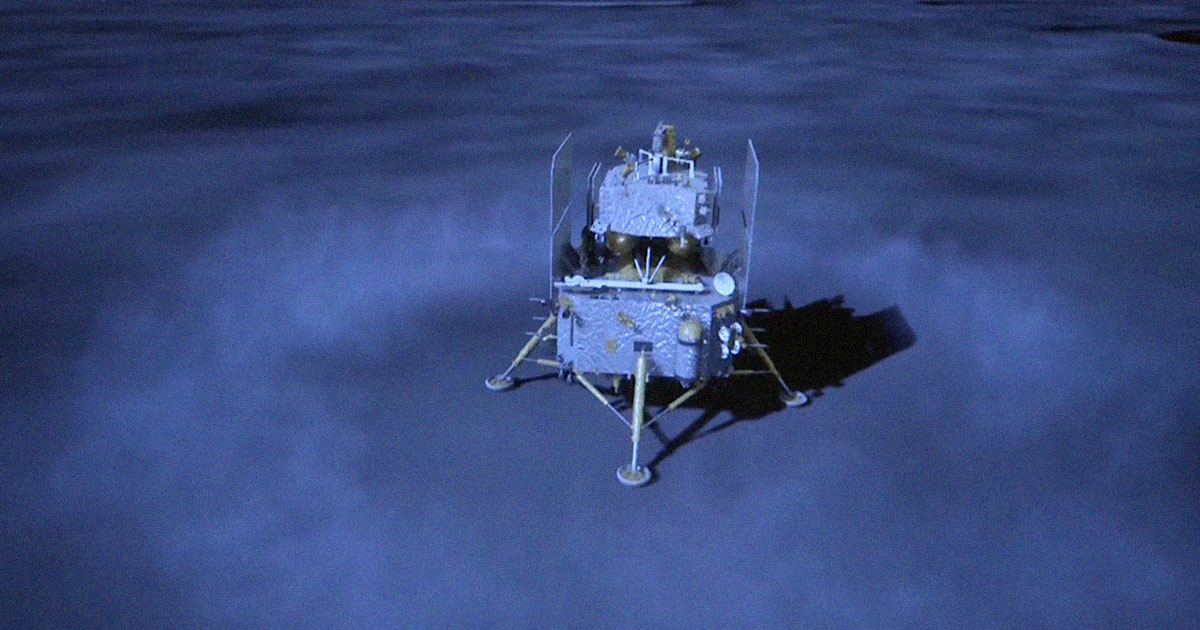cross-posted from: https://lemmy.ml/post/16605534
Chinese Lander Instrument Detects Negative Ions on Far Side of Moon
So what is the significance of this?
Negative ions help with depression and if you’re stuck on the dark side of the moon, you’ll probably be depressed. https://www.ncbi.nlm.nih.gov/pmc/articles/PMC3598548/
The next step is to send humans to lick them and see if they taste good. Licking the lunar surface could reveal flavors never experienced by man or beast.
Read the article
Thanks, but yeah, the article just says the following:
The observations could have considerable implications for our understanding of what goes on in other spots in our celestial neighborhood that aren’t protected by a magnetic field either.
“These observations on the Moon will help us better understand the surface environment and act as a pathfinder to explore negative ion populations in other airless bodies in the Solar System,” NILS principal investigator Martin Wieser explained in the statement, “from planets to asteroids and other moons.”
It doesn’t really say why negative ions are significant, just that they are found in places without a magnetic field and may help us understand similar places. The research seems more in-depth, and the article send to lack important details.
Those were mine, I left them there.
Maybe there’s a waterfall nearby
On a galatic scale, yes, on a human scale, absolutely not.
deleted by creator
deleted by creator
You should always read scientific publications with a healthy dose of scepticism - not because science isn’t to be trusted, but because trying to falsify it’s results and finding potential issues is an important part of the process.
If you do that, I don’t see why you should treat Chinese papers differently. Sure, a country with an authoritarian government with a cultural emphasis on face might produce some papers that aren’t factual due to that specifically, but dismissing the scientific output of a nation of over a billion people over that seems backwards.
Science is a liar sometimes
I think you misspelled “people”
This is actually from the European Space Agency. They collaborated with China to deliver the instrument to the moon.
Stupid take




